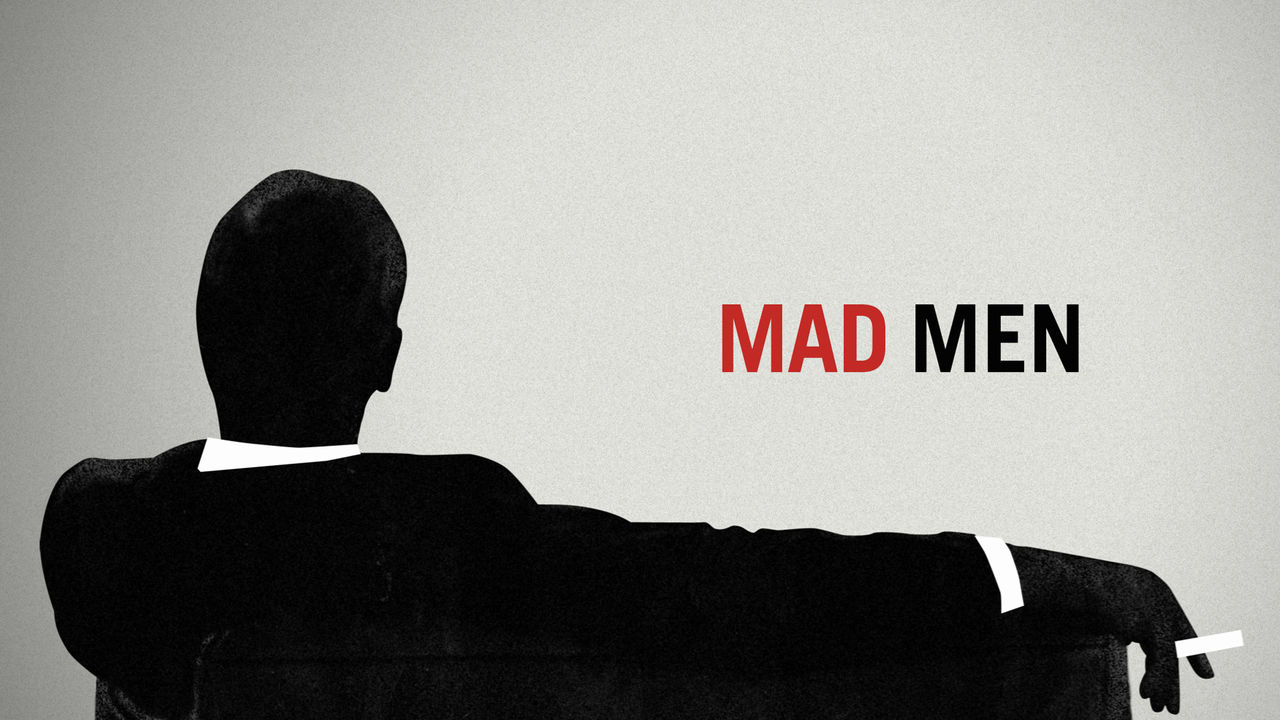What Do You Say
Aaron Guest
 I tag along with my wife to her work functions, mingle with people whom I am trying desperately to assign names to faces. I get the question often enough. And it’s begun to rattle me like empty dinner glasses.
I tag along with my wife to her work functions, mingle with people whom I am trying desperately to assign names to faces. I get the question often enough. And it’s begun to rattle me like empty dinner glasses.
So, what do you do?
I infer that “what do you do” is really “how do you make money”. For a long while my answer was simple and I gave it without thinking: I work in television. But these days I don’t get a paycheck. In The Art of Fielding by Chad Harbach, a visiting parent to a university in Wisconsin observes that “it’s only Americans who insist on asking everyone what they do.” Perhaps because we are a country obsessed with wealth.
Maybe it sounds like I’m offended by the question? Resentful because I’m a man and I don’t make any money? I’m not. I see and know the value in being a stay-at-home father homeschooling three kids. And I love doing it. So this has become my polite response. After all, it adheres to the social mores of the casual conversation of the dinner party. And this way I can wrap it up and get on with enjoying my steak.
But my answer bothers me like a hangover.
In the Episode 3 of the Relief Podcast, D.L. Mayfield speaks about her hesitancy to call herself a writer. I don’t hesitate to call myself a writer. But I hesitate to say that writing is what I do.
The main character of The Art of Fielding is Henry Skrimshander. Without a doubt he is a baseball player with a work ethic not merely American, it’s near Herculean. I’m an athlete—or was until Howard proved me otherwise—and I can’t even fathom the lengths to which Skrimshander subjects his body. By the end it’s his singular determination to ‘doing what he does’ that becomes his undoing.
Maybe this is why I don’t want to say writing is something I do. I don’t do writing and then not do writing. It’s more than something I do. It’s who I am.
Recall Jesus with his disciples. The men and women who hung out with him. Followed him for years. Christ did a lot of things: healer, reformer, prophesier, miracle-worker, comedian, storyteller, etc. But it wasn’t a question of wondering what he did.
“Who do you say that I am?” Jesus asks.
Imagine the eyes if I were to posit that question at a party: “Who do you say that you are?” I’d follow it up by finding another bottle of wine, or beer, and quoting Over The Rhine:
Come on lighten up Let me fill your cup I’m just trying to imagine a situation Where we might have a real conversation.
But I think it’s the better question. Because there’s a spark of being human we are snuffing out with innocuous questions about how we make money that waste, as Mary Oliver opines, “this one wild and precious life”.
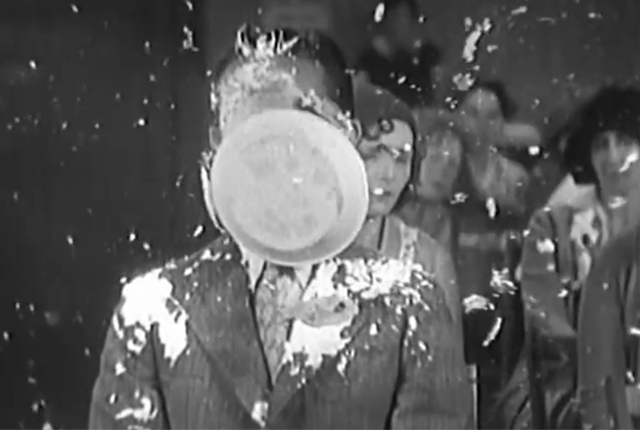 What they don't tell you is that getting older comes on you like a pie in the face: suddenly, unjustly, and funny to onlookers. And not funny to you. It comes like a slow-motion pratfall. It feels like a prank show genius has studied your increasing night-time eliminations and booby-trapped the route with a banana peel, a toy truck and a hoe in perfect succession. Aging comes blindly, symptom by symptom, each with its own joke.
What they don't tell you is that getting older comes on you like a pie in the face: suddenly, unjustly, and funny to onlookers. And not funny to you. It comes like a slow-motion pratfall. It feels like a prank show genius has studied your increasing night-time eliminations and booby-trapped the route with a banana peel, a toy truck and a hoe in perfect succession. Aging comes blindly, symptom by symptom, each with its own joke.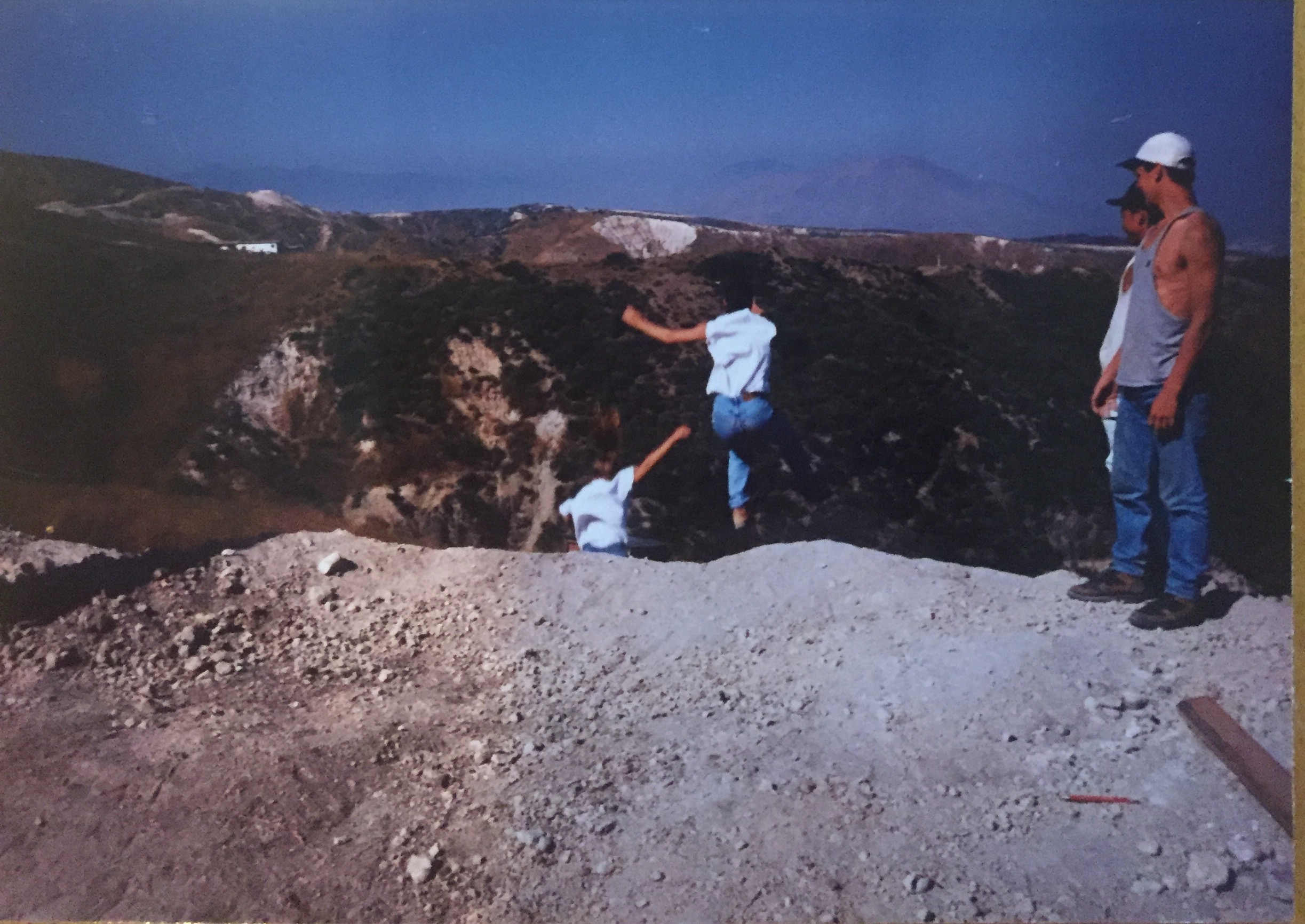
 Kiss me, and you will see how important I am.
—
Kiss me, and you will see how important I am.
—

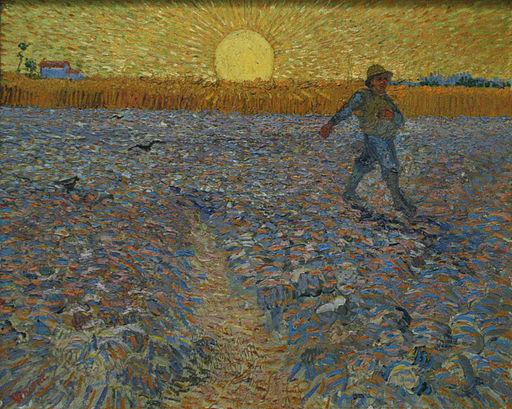
 Read
Read 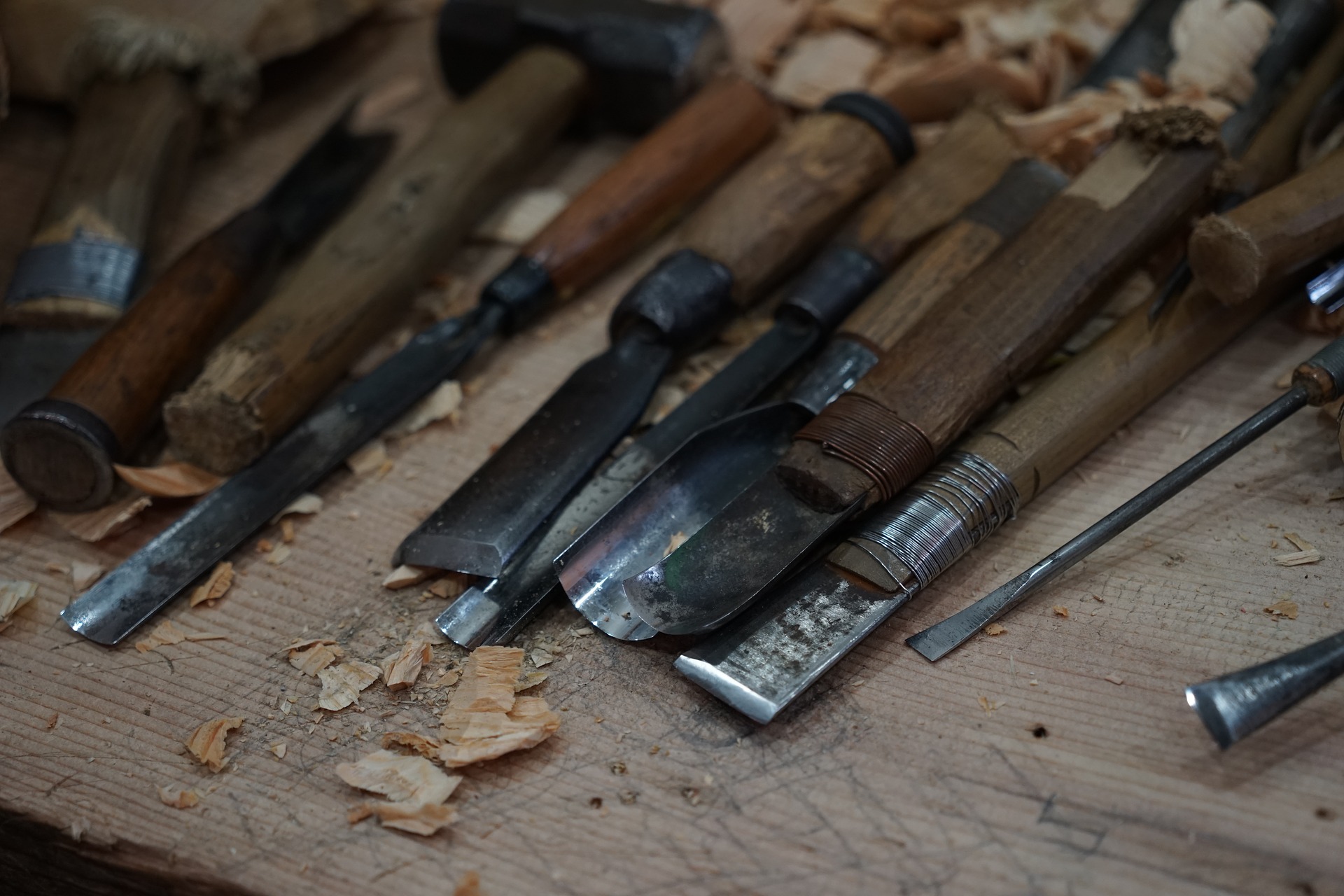 On the second day of our impromptu beach vacation, Dennis decides to buy an electric planer at a local hardware store. “The oak panels need to be thinner, so they will resonate more once the harp is complete.”
On the second day of our impromptu beach vacation, Dennis decides to buy an electric planer at a local hardware store. “The oak panels need to be thinner, so they will resonate more once the harp is complete.” I was 27 years old when my daughter, my only child, Ellie, was born. It took years to conceive her, and then suddenly, on a pre-dawn Saturday morning, my water broke like the rainstorm that always arrives on days a meteorologist has confidently assured you, “Enjoy, folks. Today will be a sunny 70 degrees.” There were no signs Ellie would be a full three weeks early.
I was 27 years old when my daughter, my only child, Ellie, was born. It took years to conceive her, and then suddenly, on a pre-dawn Saturday morning, my water broke like the rainstorm that always arrives on days a meteorologist has confidently assured you, “Enjoy, folks. Today will be a sunny 70 degrees.” There were no signs Ellie would be a full three weeks early. “For the mouth speaks out of that which fills the heart”
—Matthew 12.34
“For the mouth speaks out of that which fills the heart”
—Matthew 12.34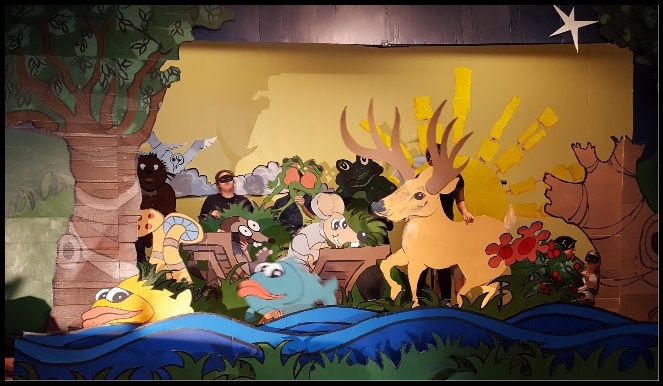 “But Mole stood still a moment, held in thought. As one wakened suddenly from a beautiful dream, who struggles to recall it, but can recapture nothing but a dim sense of the beauty in it, the beauty! Till that, too, fades away in its turn, and the dreamer bitterly accepts the hard, cold waking and all its penalties.”
― Kenneth Grahame,
“But Mole stood still a moment, held in thought. As one wakened suddenly from a beautiful dream, who struggles to recall it, but can recapture nothing but a dim sense of the beauty in it, the beauty! Till that, too, fades away in its turn, and the dreamer bitterly accepts the hard, cold waking and all its penalties.”
― Kenneth Grahame,  Just last week, during prayers at bedtime, my youngest son thanked God that piano lessons were over for the summer. I’m not sure when it became law for upright pianos to be stationed in every household, to break the backs of the fathers who move them there and to break the minds of children who, coming home daily from school, find not freedom but piano lessons, but it’s a law I resent even as I continue to abide by it. In one corner we, too, have a breaking-down piano like a hulking mushroom.
Just last week, during prayers at bedtime, my youngest son thanked God that piano lessons were over for the summer. I’m not sure when it became law for upright pianos to be stationed in every household, to break the backs of the fathers who move them there and to break the minds of children who, coming home daily from school, find not freedom but piano lessons, but it’s a law I resent even as I continue to abide by it. In one corner we, too, have a breaking-down piano like a hulking mushroom.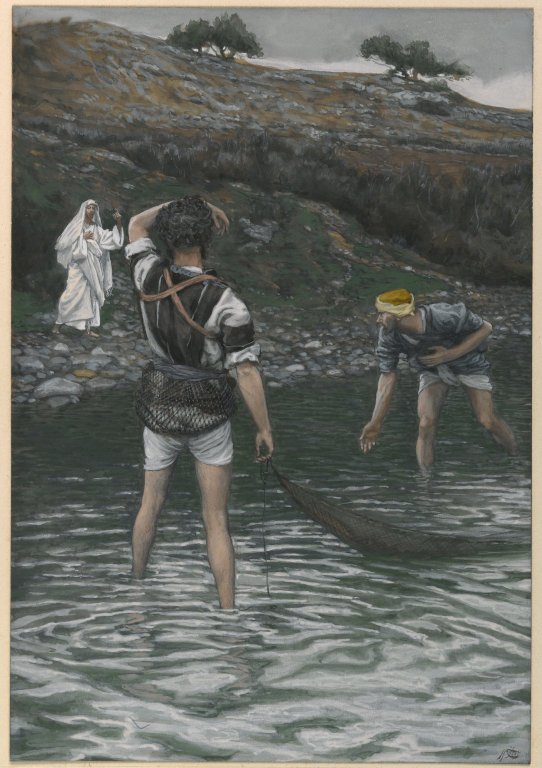 The simple answer to the question is: I’ve read enough great books to just know. But this isn’t about that answer. It’s too simple anyway—and carelessly arrogant—however satisfactory it is. Instead this is about the question I found myself contemplating after reading the opening salvo of Tim Winton’s
The simple answer to the question is: I’ve read enough great books to just know. But this isn’t about that answer. It’s too simple anyway—and carelessly arrogant—however satisfactory it is. Instead this is about the question I found myself contemplating after reading the opening salvo of Tim Winton’s 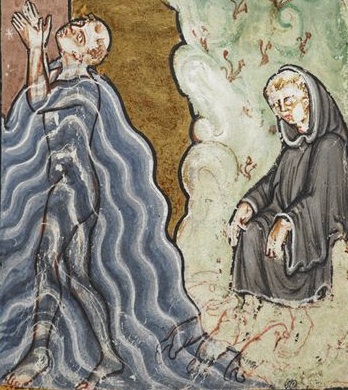
 I found the skin of a snake in my backyard last summer while I was crawling on my hands and knees pulling weeds. Sandwiched between stalks of crocosmia was an entire body case, white and transparent, stamped with tiny squares, like thin patterned tissue paper. Resting there whole, without the snake itself, I thought of the disciples finding Jesus’ grave clothes in the empty tomb. Where had he gone?
I found the skin of a snake in my backyard last summer while I was crawling on my hands and knees pulling weeds. Sandwiched between stalks of crocosmia was an entire body case, white and transparent, stamped with tiny squares, like thin patterned tissue paper. Resting there whole, without the snake itself, I thought of the disciples finding Jesus’ grave clothes in the empty tomb. Where had he gone? “Do you ever get used to such a place?’
She laughs then, a short bitter laugh I recognize and comprehend at once.
"Do you get used to life?" she says.
“Do you ever get used to such a place?’
She laughs then, a short bitter laugh I recognize and comprehend at once.
"Do you get used to life?" she says.
 Read Part I
Read Part I 